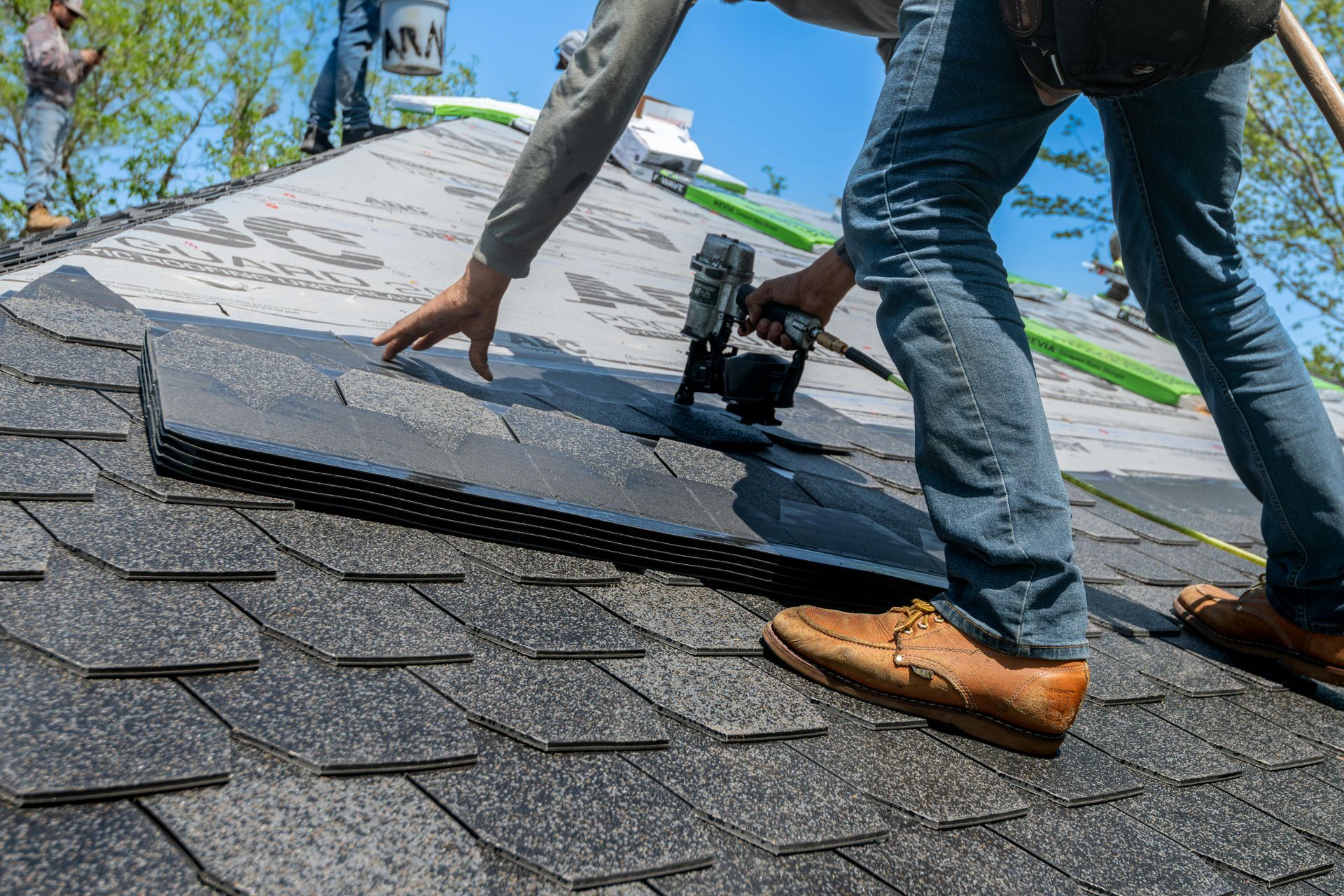15 Crucial Checkpoints for Choosing Your Roofing Contractor
Beyond the Estimate: 15 Crucial Checkpoints for Choosing Your Roofing Contractor
As a homeowner, selecting the right roofing contractor is crucial for protecting your roof. Here are 15 essential considerations, backed by real statistics and lesser-known information, to guide you through this important decision.
1. Licensing and Insurance
While it's common knowledge to check for licensing, many homeowners don't realize the implications of hiring an unlicensed contractor. According to the National Roofing Contractors Association (NRCA), using an unlicensed contractor can void your roof warranty and homeowners’ insurance coverage.
2. Local vs. Storm Chasers
After major storms, out-of-town contractors often flood affected areas. The Better Business Bureau reports that complaints against roofing contractors spike by up to 40% in areas hit by severe weather, often due to these "storm chasers."
3. Financial Stability
A contractor's financial health can impact your project. The Construction Financial Management Association reports that 51% of construction companies fail within their first five years. Check a contractor's credit rating and financial references.
4. Safety Record
The roofing industry has one of the highest injury rates in construction. The U.S. Bureau of Labor Statistics reports 29.9 injuries per 100 full-time workers in roofing. Ask for the contractor's Experience Modification Rate (EMR) - a score below 1.0 indicates better-than-average safety practices.
5. Material Quality
Not all roofing materials are created equal. A study by the Asphalt Roofing Manufacturers Association found that using substandard materials can reduce a roof's lifespan by up to 30%. Ask for specific material brands and grades.
6. Energy Efficiency Expertise
Energy-efficient roofing can significantly impact your home's performance. The U.S. Department of Energy reports that a cool roof can reduce peak cooling demand by 10-15%. Ensure your contractor is knowledgeable about energy-efficient options.
7. Proper Ventilation Knowledge
Inadequate attic ventilation can void warranties and reduce roof lifespan. The NRCA states that proper ventilation can extend roof life by up to 25%. Ask potential contractors about their ventilation assessment process.
8. Written Estimates
While getting a written estimate is standard advice, what's often overlooked is the level of detail. A study by the Joint Center for Housing Studies of Harvard University found that detailed, itemized estimates reduce the likelihood of cost overruns by up to 35%.
9. Warranty Coverage
Not all warranties are created equal. The Roofing Industry Alliance for Progress found that only 2% of roofing contractors offer comprehensive, long-term warranties that cover both materials and workmanship. Scrutinize warranty terms carefully.
10. Crew Experience and Training
The skill of the installation crew is crucial. The Roofing Alliance reports that roofs installed by certified professionals last 15-20% longer than those installed by non-certified workers. Ask about crew certifications and training programs.
11. Communication Protocol
Poor communication is a leading cause of construction disputes. The Construction Industry Institute reports that effective communication can reduce project costs by up to 25%. Establish a clear communication protocol with your contractor.
12. Cleanup and Disposal Practices
Proper cleanup is often overlooked. The Environmental Protection Agency estimates that construction and demolition debris accounts for 24% of total landfill waste. Ask about the contractor's recycling and disposal practices.
13. Post-Installation Service
After-service is crucial for long-term roof performance. The National Association of Home Builders recommends annual roof inspections. Look for contractors who offer comprehensive post-installation service plans.
14. Technology Integration
Modern roofing technology can improve accuracy and efficiency. A study in the Journal of Construction Engineering and Management found that contractors using drone technology for inspections and estimates were 37% more accurate in their assessments. Ask about the technological tools your contractor uses.
15. Customer Education
An informed homeowner makes better decisions. The Home Improvement Research Institute found that homeowners who received comprehensive education from their contractors reported 28% higher satisfaction rates. Look for contractors who prioritize customer education.
Making the Right Choice
Considering these factors can help you make a more informed decision when hiring a roofing contractor. Remember, the lowest bid isn't always the best value in the long run.
For homeowners seeking expert guidance through this complex process, Graduate Contracting offers comprehensive roofing services that address all these critical factors. Their team prioritizes customer education, uses advanced technology, and provides detailed, transparent quotes to ensure you make the best choice for your home's long-term needs.
By carefully evaluating potential contractors based on these often-overlooked aspects, you can ensure a successful roofing project that protects your home and provides peace of mind for years to come.


